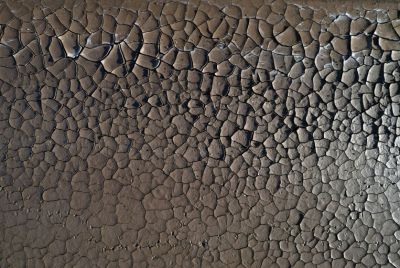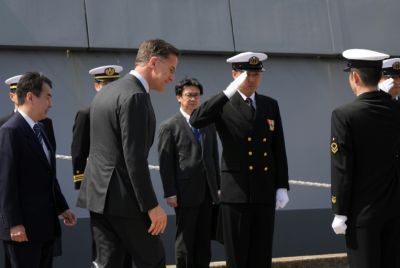Babies Using Shampoo Brand with Toxic Substances Face Cancer Risks
Environmental and health groups are campaigning aggressively for a boycott of Johnson & Johnson's baby shampoo and other company products after it confirmed that the baby shampoo with toxic chemicals are still being sold in countries like the U.S., Australia Canada, China and Indonesia.
In 2009, the Campaign for Safe Cosmetics revealed that the Johnson & Johnson's baby shampoo contained the formaldehyde-releasing preservative quaternium-15, as well as the chemical by product 1.4-dioxane. Formaldehyde and 1.4-dioxane are known carcinogens.
The federal Consumer Product Safety Commission has already provided information that the presence of 1.4-dioxane, even as a trace contaminant, is cause for deep apprehension.
Meanwhile, the U.S. Department of Health and Human Services added formaldehyde to its list of known human carcinogens in June 2011.
The Australian Competition and Consumer Commission (ACCC) is expected to come up with measures of its own should the situation get worse just like in the case of Haircare Australia last August of this year.
The Sydney Morning Herald reported that the ACCC discovered high formaldehyde content in one of its products and ordered the recall of 158 bottles of ''Brazilian Blowout''. Only less than half of the bottles were retrieved.
The commission became concerned due to the considerable degree of scientific evidence that formaldehyde can be toxic, allergenic and carcinogenic. It can also cause headaches, a burning sensation in the throat and difficulty in breathing.
Johnson & Johnson's has released a statement claiming that the preservative technologies that it uses are approved by authorities in the U.S., European Union, China and India and it has not seen any "evidence of allergy in hundreds of millions of real life uses of these products."
"We know that some consumers are concerned about formaldehyde, which is why we offer many products without formaldehyde releasing preservatives, and are phasing out these types of preservatives in our baby products worldwide, " the statement read.
"We are no longer introducing new baby products that contain these types of preservatives. Over the past few years or so, we already have reduced the number of formulations globally with formaldehyde releaser preservatives by 33% and in the U.S. by over 60%."





















